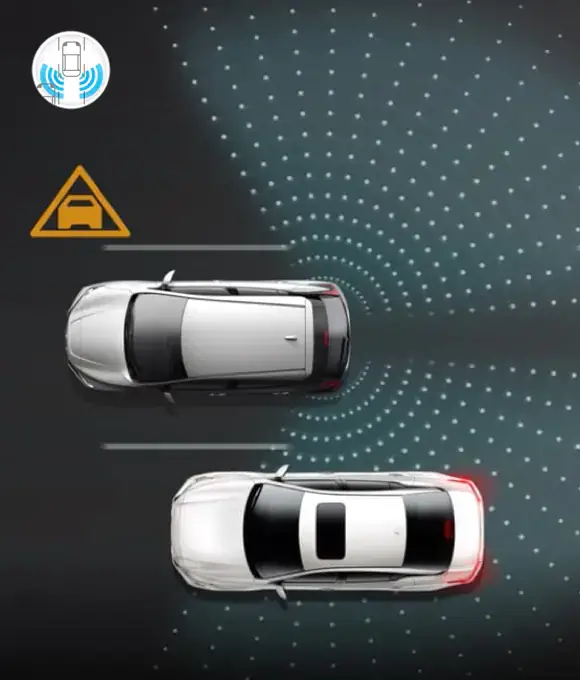The Hyundai Ioniq and Nissan Leaf have been in production for several years. Hyundai's cost was $29,815 but this year the price has gone up to $33,045 because of a battery upgrade. The battery is now bigger compared to the previous one and offers a greater range of 170 miles which is equivalent to 272 km. Last year the range was 124 miles, equivalent to 199 km. The previous batterry capacity of 28 kWh has been upgraded to 38.3 kWh.
Apart from Tesla, Hyundai and corporate cousin KIA is making some of the most efficient electric vehicles available. For comparison purposes, the new MINI SE with a 32.6 kWh battery has an EPA rating of just 110 miles. The EPA says the 2020 Ioniq Electric can go 4 miles on one kWh of electricity. The Tesla Model 3 Long Range is rated at 3.8 miles per kWh and the Model 3 Standard Range+ is rated at 4.2 miles per kWh. The Chevy Bolt comes in at 3.1 miles per kWh and the Nissan LEAF at 3.4 miles per kWh. The Ioniq Electric has one of the highest MPGe ratings at 133. Only the Tesla Model 3 SR beats that number at 141.
There’s more good news for the Ioniq Electric. The on-board charger has increased from 6.6 kW to 7.2 kW. Using a 100-kW fast-charging station, the new battery can reach an 80% charge in as little as 54 minutes using a 100 kW fast charger. Some of the upgrades in Ioniq include Forward Collision-Avoidance Assist with Pedestrian Detection; Blind-Spot Collision-Avoidance Assist, Rear Cross-Traffic Collision-Avoidance Assist, Highway Drive-Assist; a 10.25-inch navigation system screen, and a Harman Kardon premium audio system.

The general perception is cars need at least 200 miles (321 km) of range just to get people to consider owning one. Perception is reality and so Hyundai has a bit of an uphill climb when it comes to finding buyers for the latest version of the Ioniq Electric. This is a bit of a shame; it is a really good car but many will not even consider it if the range quoted doesn’t start with a “2.” People who appreciate the value of efficiency in an electric car should find the Ioniq Electric very appealing, however.
Nissan Leaf has not been left behind it has a safety shield 360 which helps to reduce accidents while driving. It includes:
- Automatic emergency braking with pedestrian detection
- Rear automatic braking
- Rear cross-traffic alert
- Blindspot warning
- Lane departure warning
- High beam assist
In addition, every 2020 LEAF will have Intelligent Forward Collision Warning, Intelligent Lane Intervention, and Blind Spot Intervention. An 8″ touchscreen display will be standard on all cars with the 40 kWh battery, and every LEAF will be equipped with Apple CarPlay and Android Auto, according to a Nissan press release. In the US, a new synthesized sound known as Canto will be heard below 19 mph to alert pedestrians to the presence of the car.
The LEAF is available with two battery sizes — 40 kWh and 62 kWh. The range-topping LEAF SL Plus lists for $43,900.




